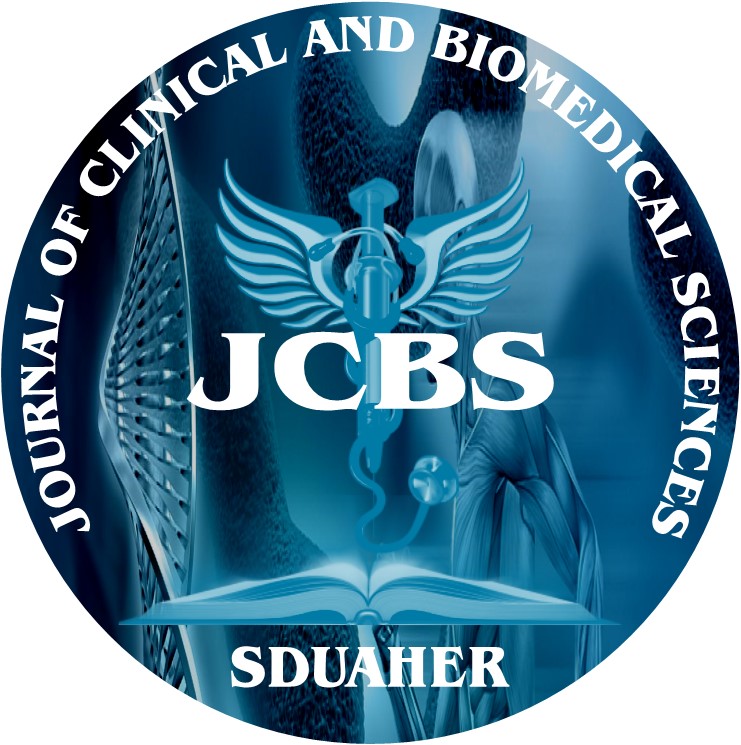


Journal of Clinical and Biomedical Sciences
DOI: 10.58739/jcbs/v15i2.24.123
Year: 2025, Volume: 15, Issue: 2, Pages: 78-86
Review Article
Mohnyca Yumnam1∗, Mrinal A Nerlekar2
1Post Graduate Scholar, Department of Practice of Medicine, Bharati Vidyapeeth (Deemed to Be University) Homoeopathic Medical College & Hospital, Pune, 411043, Maharashtra, India
2Professor and Head of Department (H.O.D), Department of Practice of Medicine, Bharati Vidyapeeth (Deemed to Be University) Homoeopathic Medical College & Hospital, Pune, 411043, Maharashtra, India
*Corresponding Author
email: [email protected]
Received Date:31 August 2024, Accepted Date:15 April 2025, Published Date:10 July 2025
Increasing reports of sciatica irrespective of age and gender due to lifestyle, genetic or environmental factors. The unbearable pain of sciatica is a major problem interfering with a patient’s life. Hence, increasing the use of frequently prescribed conventional medicines such as NSAIDs, opioids, and corticosteroids with various adverse events. Approach to sciatica with homoeopathic remedies has found more beneficial recently. This review aims to determine the validation of homoeopathic approaches to sciatica considering the adverse events caused by conventional medicine for managing sciatica. A review of various published articles on randomized control trials, observational studies, experimental studies (in-vivo trials of homoeopathic medicines), and comprehensive analysis of case reports relating to sciatica from inception till July 2024. Outcomes were measured as pain, disability and adverse events. Evidence does not demonstrate the benefits of corticosteroids, antidepressants, NSAIDs, anticonvulsants, or opioid analgesics. A surgical approach which is recommended if the non-surgical approach fails to relieve the patients is found not to be effective in the long run at or after 12 months. Several series of adverse effects of the drug as well as surgical treatment have been documented. Several studies on individualised homoeopathic medicines for managing sciatica show evidence of an overall improvement in about 75% of patients. Homoeopathic formulation RückPain™ study demonstrates anti-nociceptive and anti-inflammatory properties with no toxicity effects on organs. The homoeopathic remedy Hypericum perforatum was found to have regeneration properties of peripheral nerves. Evidence does not support the use of conventional medicines either surgical or non-surgical approaches for the management of sciatica with various adverse events. This leads to the approach to complementary and alternative medicines (CAMs), such as homoeopathy, where several studies show the effectiveness of using homoeopathic interventions. Thus, this review supports the usage and embracing of homoeopathic medicine for the management of sciatica.
Keywords: Homoeopathy, Sciatica; Clinical trials; RCT, Sciatica case reports; Adverse effect sciatica; Spinal disorders; In-vivo experiments; Hypericum; Rhus tox; Gnaphalium
This is an open-access article distributed under the terms of the Creative Commons Attribution License, which permits unrestricted use, distribution, and reproduction in any medium, provided the original author and source are credited.
Published By Sri Devaraj Urs Academy of Higher Education, Kolar, Karnataka
Subscribe now for latest articles and news.